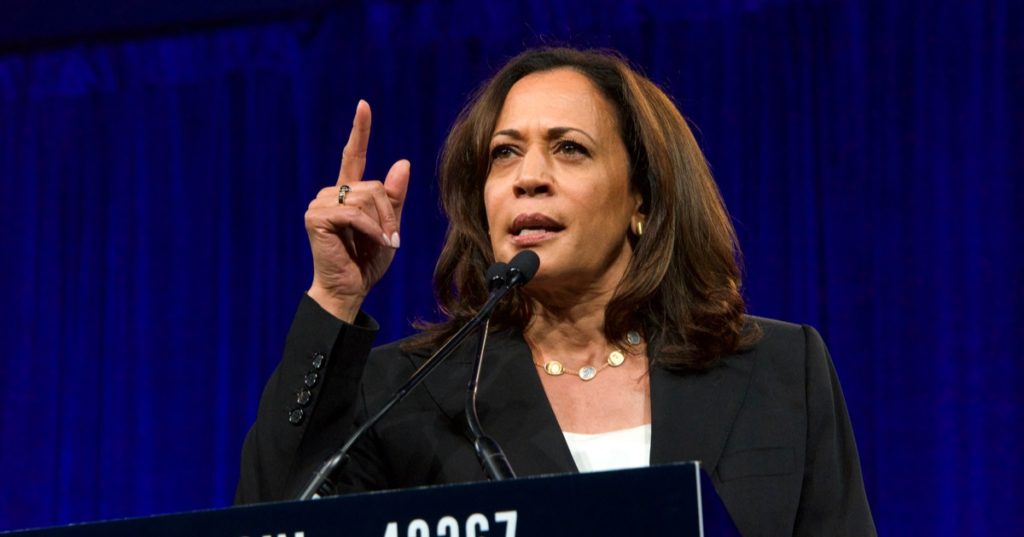





Former President Donald Trump is juggling his ongoing criminal trial with personal family events, including his son Barron's high school graduation.
The trial of Trump, who is facing 34 felony charges, commenced on Monday, April 15. People reported that Judge Juan Merchan wants Trump in court every day except Wednesdays which has created a dilemma for Trump.
The charges against Trump, involving allegations of falsifying business records to conceal an alleged affair, are flimsy at best. This case, led by Manhattan District Attorney Alvin Bragg, marks a pivotal moment in U.S. legal and political history.
Nonetheless, despite the flimsiness of the charges against him, he is still facing the prospect of being forced to be in a New York courtroom for most of the week. This would force him to miss Barron's graduation, which for many is an unacceptable proposition.
Jury selection began with the challenge of screening hundreds of potential jurors to find 12 unbiased individuals, a process expected to span two weeks. This phase is crucial to ensure a fair trial, reflecting the complexities of the legal issues at hand.
Amidst these proceedings, Trump's defense team requested adjournments for two specific events—a Supreme Court hearing and Barron Trump's graduation. While Judge Merchan denied the adjournment for the Supreme Court hearing, he postponed his decision on the graduation until a clearer picture of the trial's progress emerged.
Barron Trump, who turned 18 in March, attends a private academy in Florida. His graduation is a significant family event, raising questions about balancing personal commitments with legal responsibilities.
Simultaneously, Donald Trump is actively running a presidential campaign, which requires his presence on the political stage while also committing to attend his trial four days a week. This dual role of defendant and political figure is unprecedented and complicates both his campaign and legal strategy.
During the trial's early sessions, Judge Merchan addressed the possible need for adjournments. "Regarding counsel's request that the court adjourn on Friday, May 17th for Mr. Trump to attend his son's high school graduation and Friday, June 3rd to allow a member of the defense team to attend their son's graduation, I cannot rule on those two requests at this time," he stated.
"It really depends on how we are doing on time and where we are in the trial. If everything is going according to schedule without unnecessary delays, then I am sure we will be able to adjourn for one or both of those days, but if we are running behind schedule, we will not be able to," Judge Merchan added, indicating the fluid nature of trial scheduling.
The indictment of Donald Trump last spring was a landmark event, placing him as the first former president to be indicted. The allegations focus on falsified financial records intended to hide payments to Stormy Daniels, which prosecutors argue were aimed at deceiving voters during the 2016 election campaign.
This trial not only tests the legal boundaries of presidential immunity and post-office accountability but also sets a precedent for how similar cases might be handled in the future. The outcome could significantly influence public trust in both the political and judicial systems of the United States.
As the trial progresses, all eyes are on how Judge Merchan manages the complex interplay of legal proceedings and the personal schedules of those involved, including potential pauses for significant family events like high school graduations.
As the trial unfolds, it continues to attract global attention, highlighting the intersections of legal accountability, personal life, and political ambitions. The decisions made in this courtroom could resonate far beyond its walls, impacting not just the immediate participants but also the broader American legal and electoral landscape.
The trial's outcomes and its conduct could further impact Trump's political career, particularly as he campaigns for a return to the presidency. The legal strategies employed and the eventual verdict will be closely analyzed for their implications on political accountability and the rule of law in America.
The coming weeks promise more developments as the trial moves from jury selection to the presentation of evidence and testimonies. With the legal arguments set to intensify, the nation watches as one of its most controversial figures navigates the complexities of law and order.
In conclusion, as the trial of Donald Trump progresses, it presents a unique convergence of a high-profile legal battle and significant personal milestones. How these events are managed will not only determine the immediate future of the individuals involved but could also set precedents for the handling of similar cases in American history.



